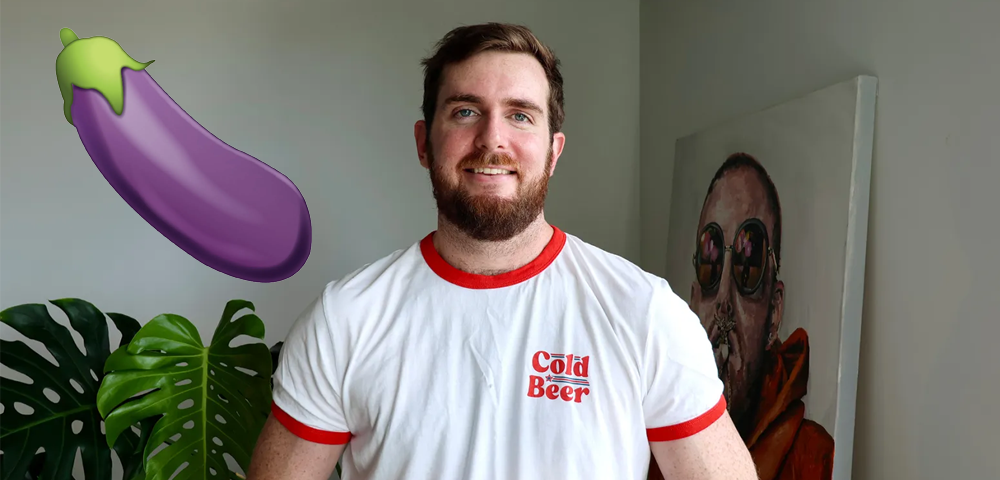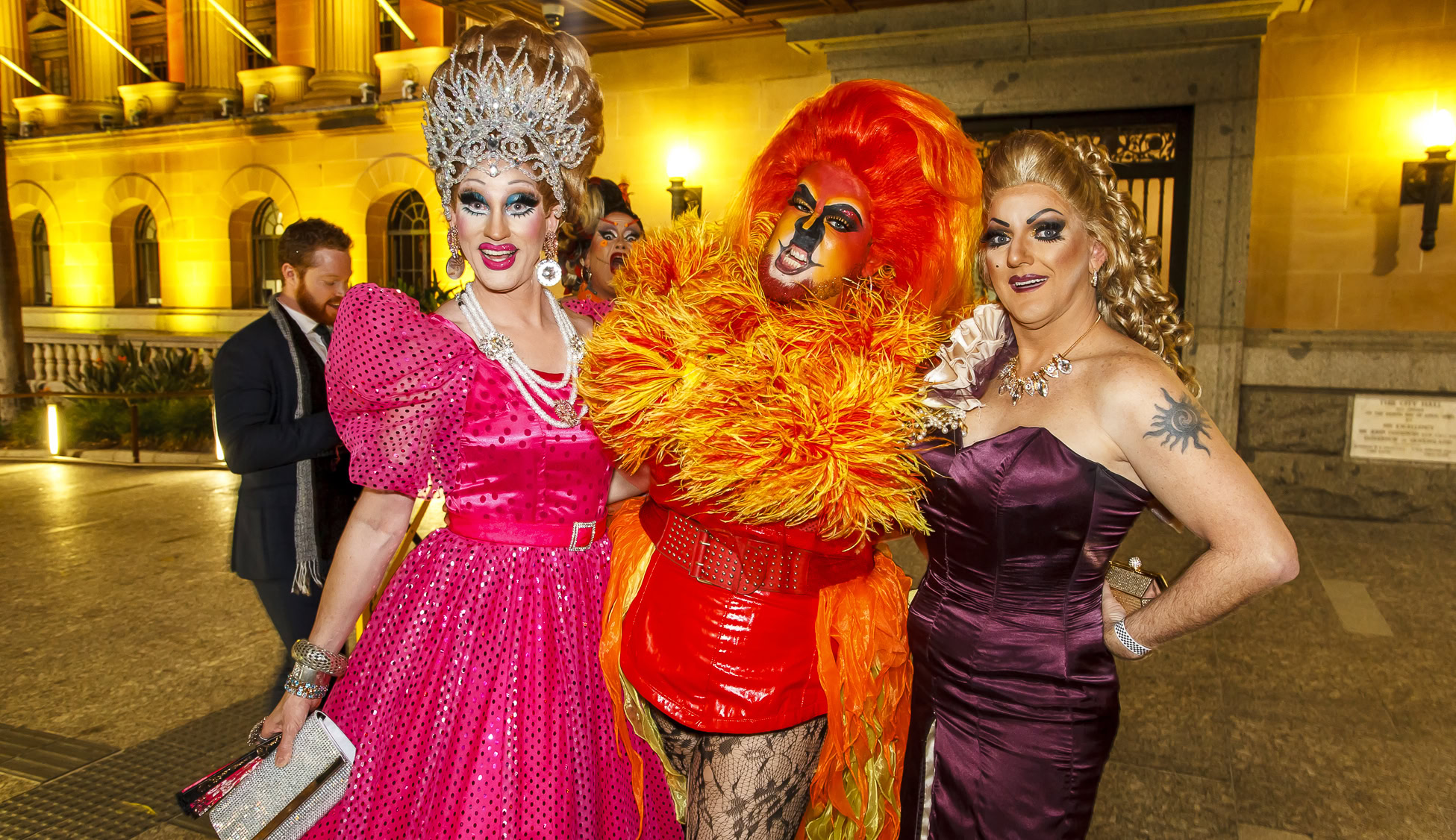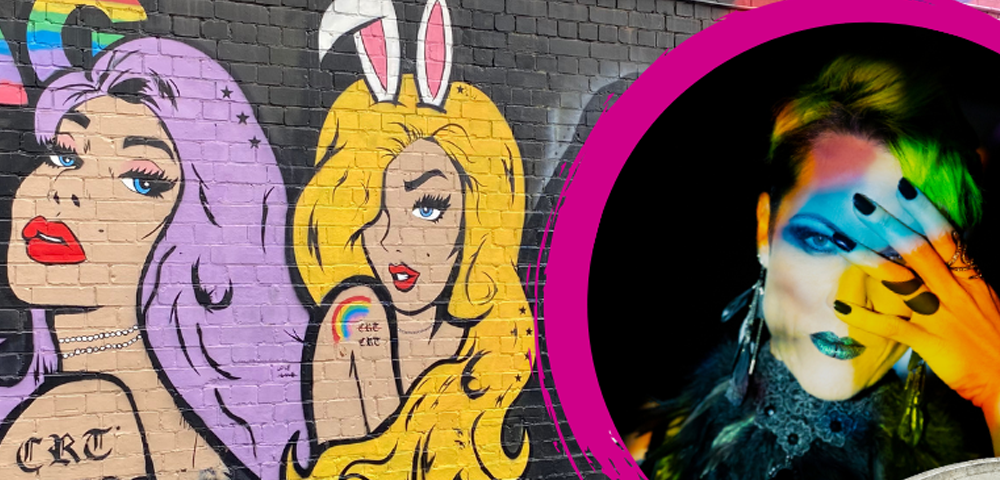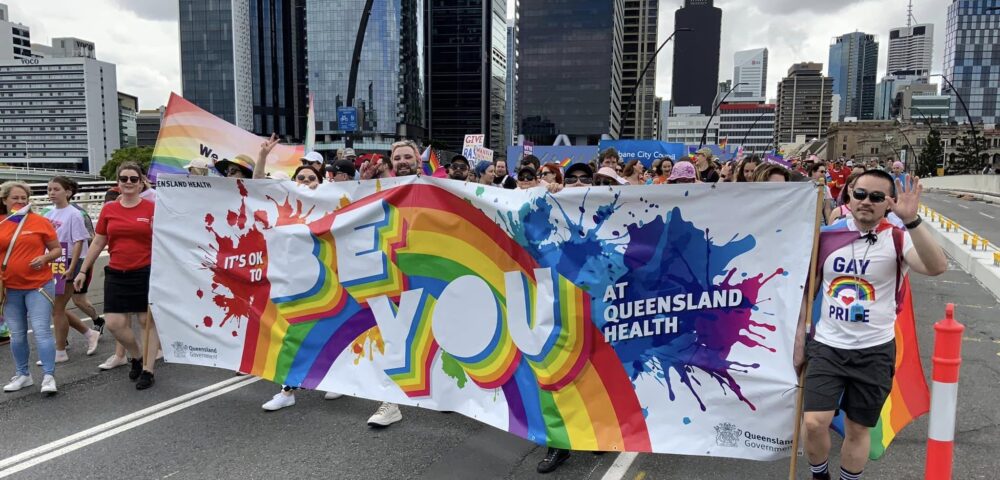
Some QLD historical gay convictions may be ineligible for expungement

Alan Raabe, whose case has been at the forefront of the campaign to expunge historical gay sex convictions in Queensland, may not be eligible under the scheme.
Raabe was beside Premier Annastacia Palaszczuk and Attorney-General Yvette D’Ath last year when they delivered an apology for those convicted under historical laws, ABC News reported.
However, a lawyer now says that most people convicted under the laws won’t be able to clear their names under the current legislation.
The laws passed in Queensland only allow for the expungement of “Criminal Code male homosexual offences” and “public morality offences”.
Raabe spoke to the Star Observer in 2016 about the 1988 incident which led to him being entrapped by an undercover police officer and later charged with aggravated sexual assault.
“It was a very clear case of entrapment but there was nothing I could to challenge that. What they did was very wrong.
“He asked me a very specific question and after warned me that what I would be charged with would depend on my answer. I wasn’t given the opportunity for legal advice or support or anything.
“When I answered the question honestly, as my father was a policeman and I was always brought up to respect them, he charged me with aggravated sexual assault for brushing up against him.”
“It prevents you from doing so much work and holds you back in so many aspects of life. In my particular case I wanted to be a teacher and was undergoing study to get a degree,” Raabe said.
“At the conclusion of that I was advised to not even bother applying with teacher registration because of my conviction.
“It prevented me from pursuing a career, and a love and passion that I had always wanted to do. It was heartbreaking.”
Emil McPhee, a lawyer for the LGBTI Legal Service, noted that police posing as gay men was a common thread in many convictions for homosexual offences at the time.
“The [story] of busting into a room and finding two men in bed doesn’t seem to have happened too often. There are some limited examples of those.
“But it seems like the ones that happened frequently and the ones we had hoped these laws would cover are these offences where somebody was, for lack of a better word, entrapped.
“It was quite unfortunate really that [Alan] spent so long being the poster boy, only to find out quite late in the piece that his wouldn’t be eligible.”
McPhee says that the laws as they stand only allow for offences which no longer exist to be expunged, and not continuing offences like assault.
While around 500 people could be eligible if the expungement laws are applied broadly, the actual number is now unclear.
“It might be only a handful of people, which would be a real problem,” McPhee said.
“The Attorney-General specifically drafted the legislation so that there is room to add further offences if pertinent examples come to light,” a spokesperson for Attorney-General D’Ath said in a statement.
“It should be noted it is very early days and the Director-General is yet to rule on any applications for expungement.
“The apology and the legislation were important steps to acknowledge the harm that had been inflicted on people when homosexual activity was considered a criminal offence.”
Applications for expungement of historical gay sex convictions in Queensland have been open since June 30.









